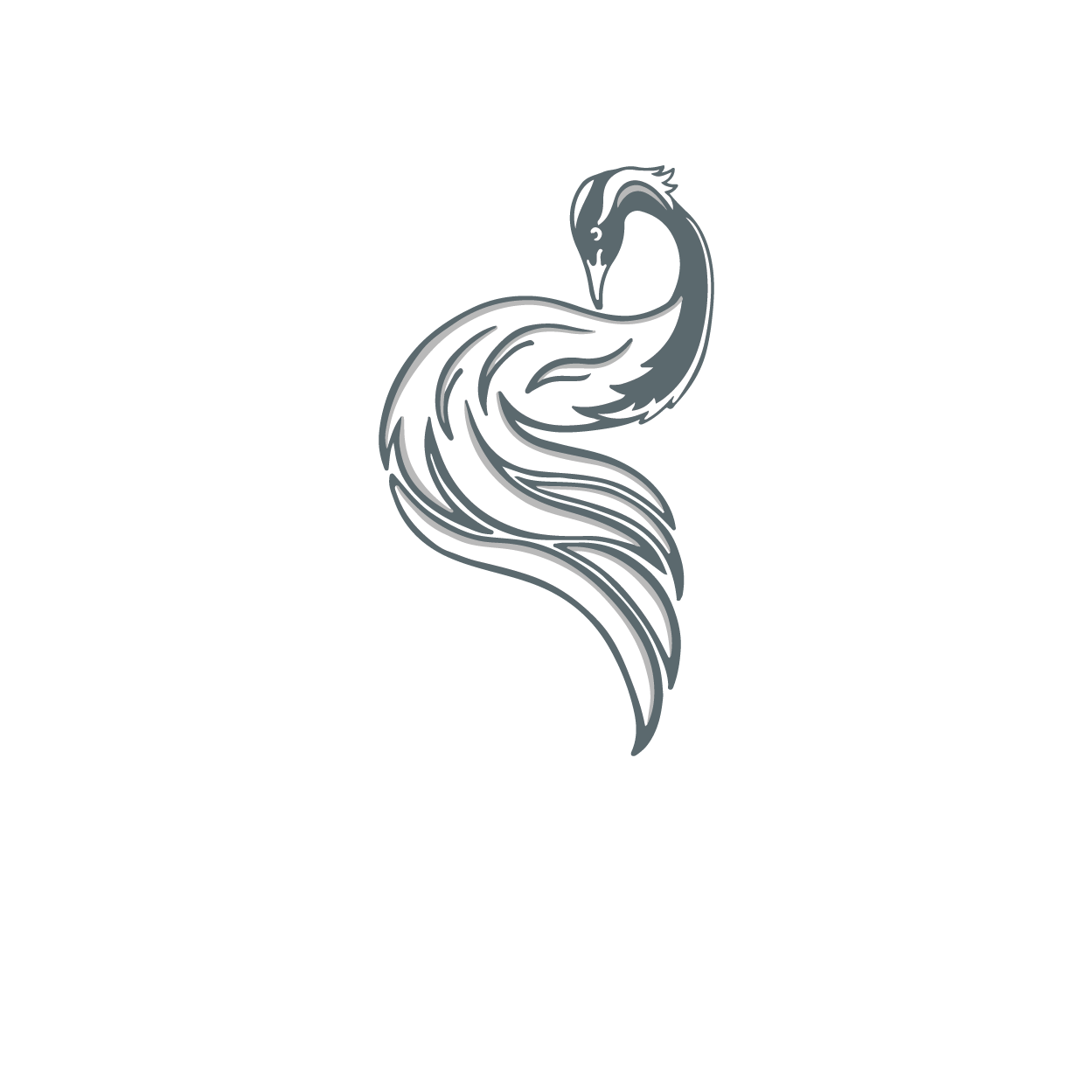Pediatric Respiratory Physiotherapy
Pediatric respiratory physiotherapy is a specialty dedicated to the assessment, treatment and management of respiratory conditions in children and adolescents. This discipline uses techniques adapted to the needs and abilities of young patients to improve lung function, facilitate the elimination of secretions and reduce respiratory difficulty. Through breathing exercises, postural drainage and ventilation techniques, physiotherapists help control diseases such as asthma, bronchiolitis and cystic fibrosis, promoting a better quality of life and optimal respiratory function. Treatment is customized for each patient, taking into account their general condition and specific conditions.
Every small victory on the way to the health of our children is a big step towards a future full of smiles and possibilities. Together, we make growth and recovery an adventure filled with hope and success
Pediatric Respiratory Physiotherapy
Pediatric respiratory physiotherapy is a branch of physiotherapy focused on the diagnosis, treatment and management of respiratory conditions in children and adolescents. It uses specialized techniques adapted to the needs and abilities of young patients to improve lung function, remove secretions and facilitate more efficient breathing. The main objective is to optimize respiratory health, increase the quality of life and help children to develop in a healthy way.
Benefits of pediatric respiratory physiotherapy:
- Improved lung function: Helps increase breathing capacity and lung function.
- Facilitating the elimination of secretions: Uses techniques to help eliminate mucus and secretions that make breathing difficult.
- Reduction of respiratory difficulty: Relieves the symptoms of respiratory difficulty, improving comfort and respiratory efficiency.
- Prevention of complications: Decreases the risk of respiratory complications such as lung infections or chronic bronchitis.
- Improved quality of life: Increases children's ability to participate in everyday and school activities more easily.
- Postoperative rehabilitation: Facilitates recovery after surgical procedures related to the respiratory system.
- Teaching breathing exercises: Provides strategies and exercises to better control breathing and manage symptoms.
Main affects in children that can be treated with respiratory physiotherapy:
- Asthma: Chronic condition that causes swelling and narrowing of the airways, causing difficulty breathing.
- Bronchiolitis: Inflammation of the small airways, often caused by viral infections such as respiratory syncytial virus (RSV).
- Cystic fibrosis: Genetic disease that affects the mucus-producing glands, causing accumulation of thick mucus and breathing problems.
- Pneumonia: A lung infection that inflames the air sacs in the lungs.
- Congenital malformations of the respiratory system: Structural problems that can affect lung and respiratory function.
- Respiratory distress syndrome (RDS) in premature infants: Respiratory problems in babies born prematurely due to the immaturity of the lungs.
- Sleep apnea: Episodes in which breathing stops or becomes shallow during sleep, which can affect sleep quality and overall health.
Pediatric respiratory physiotherapy offers a comprehensive approach to managing these conditions, helping children to breathe better and live more active and healthy lives.




